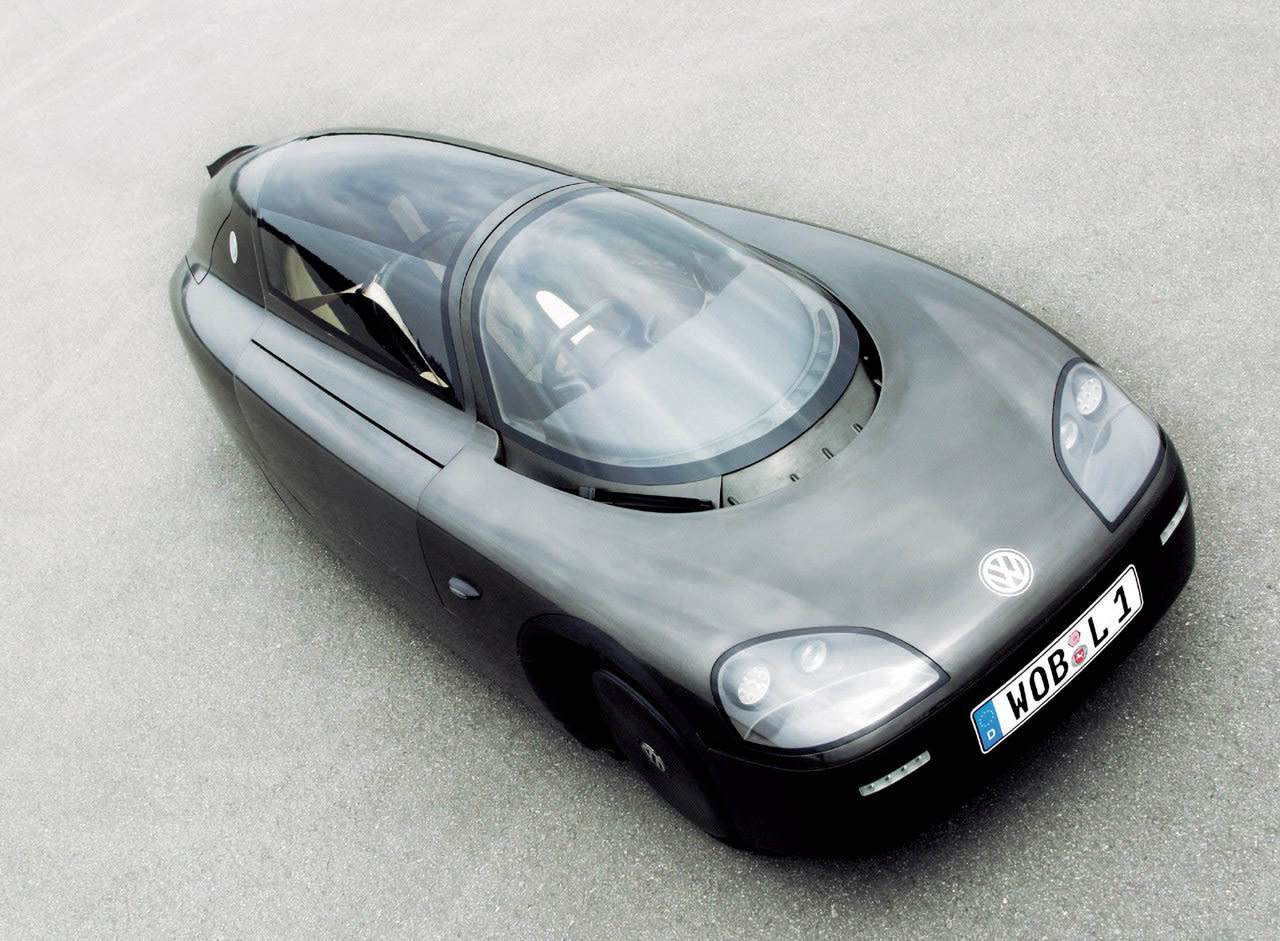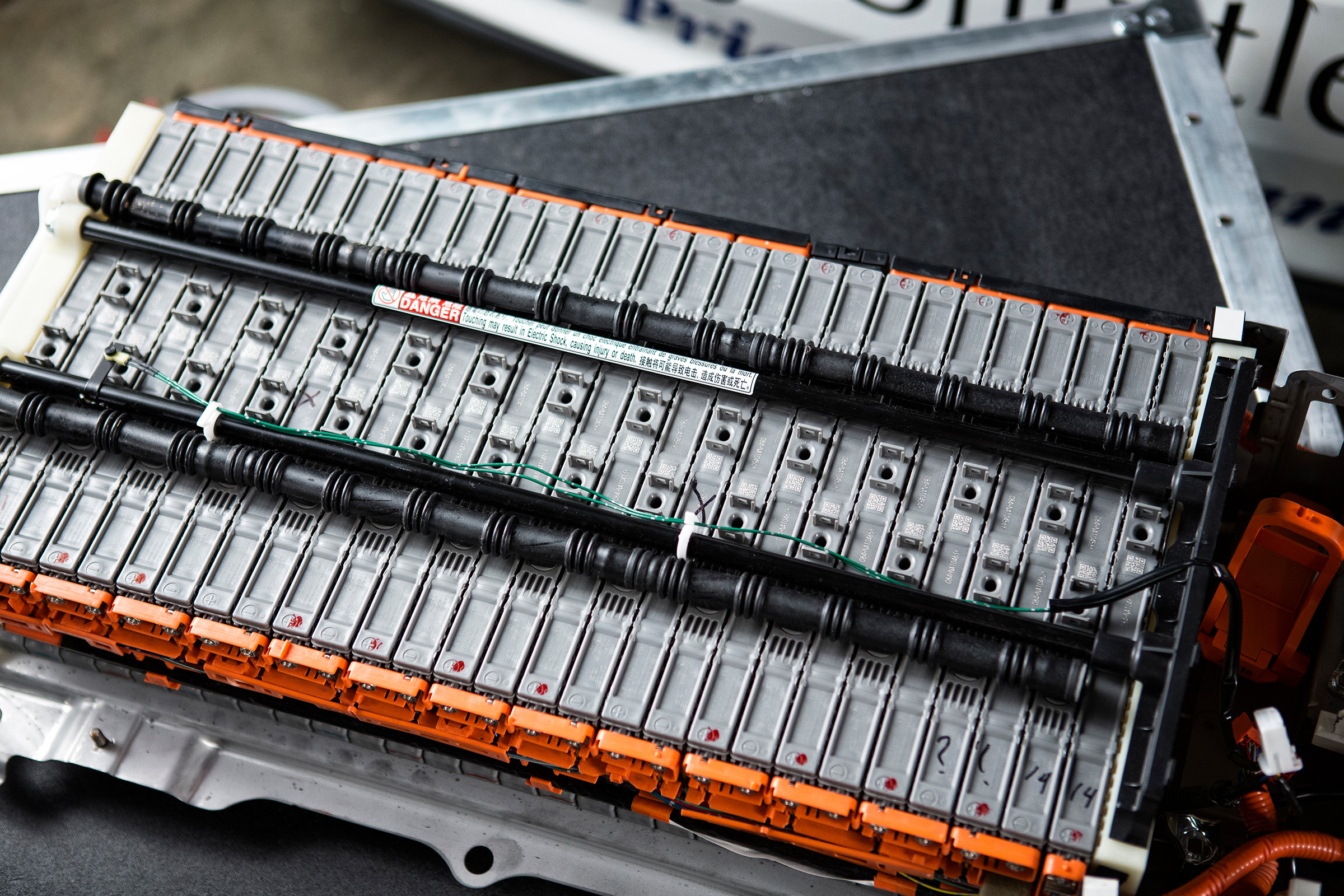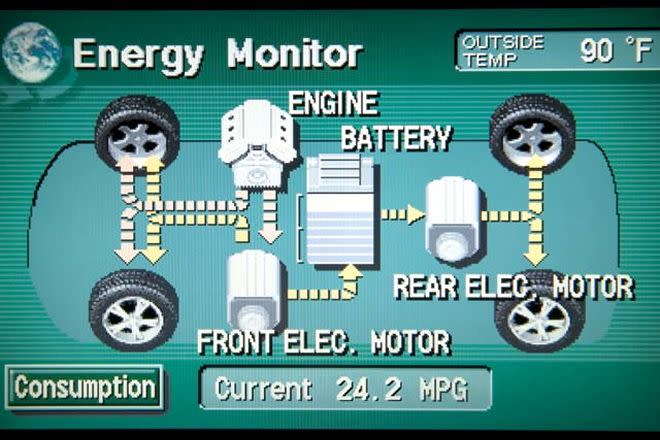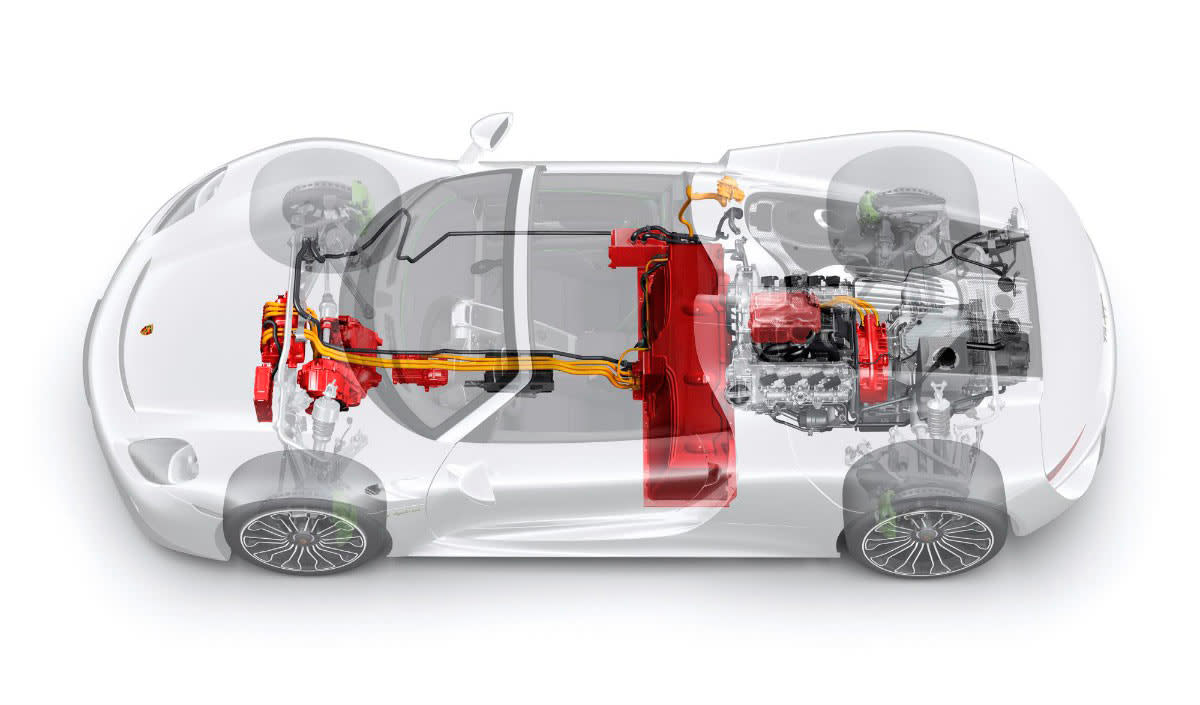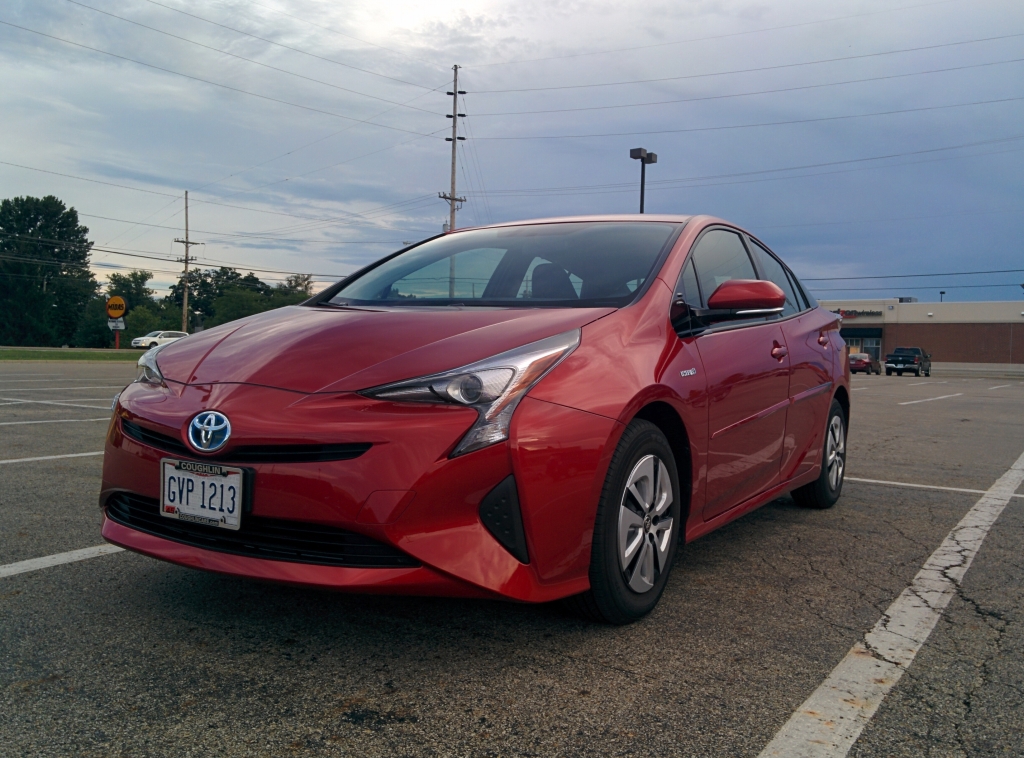This post was originally written for Oppositelock, but with the potentially impending death of Kinja user blogs, I’m reposting it here.
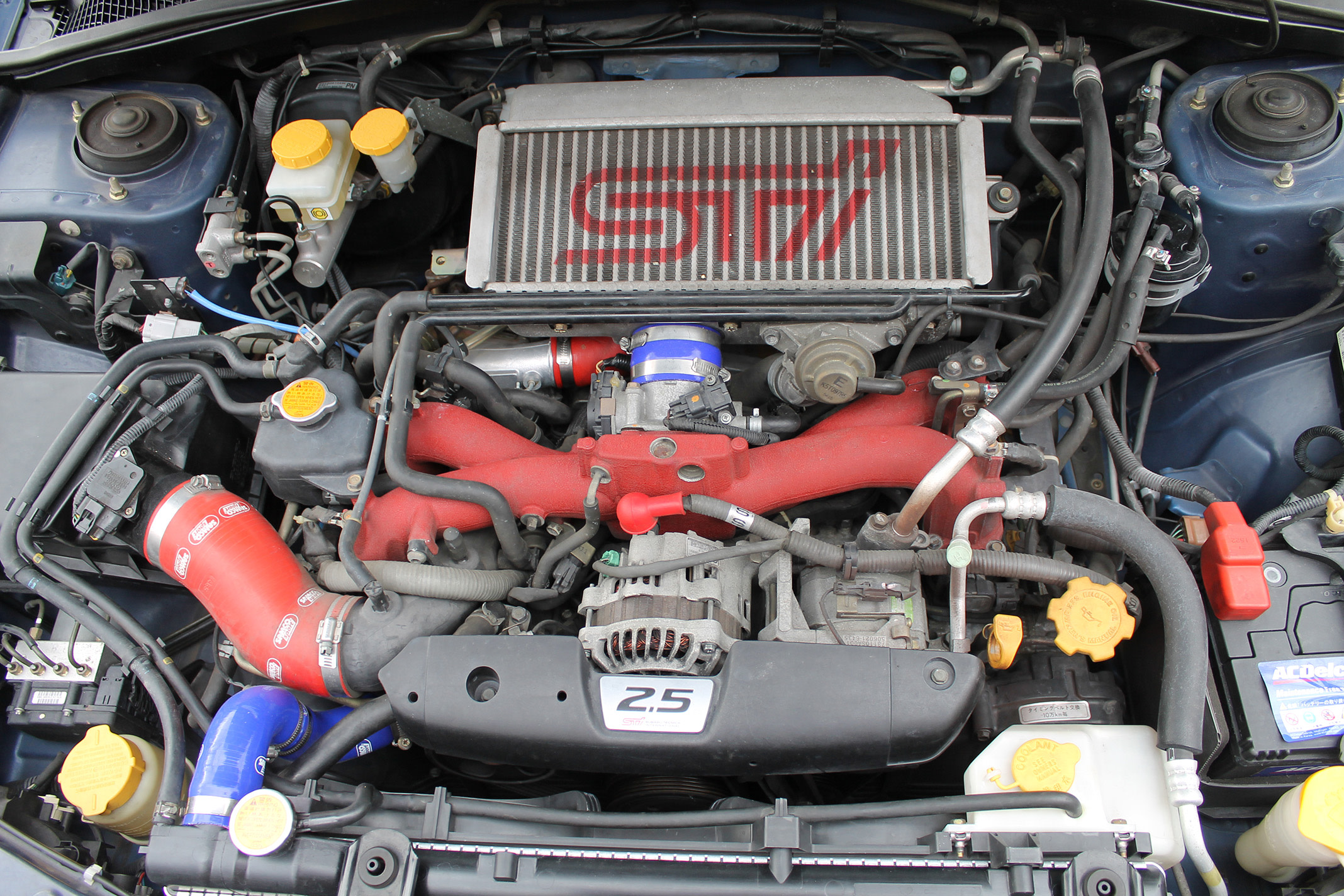
Right now, we’re in a golden age of accessible high performance motoring. Hot hatches are everywhere, regular sedans from compact to full-size are available in hot versions, and there’s several affordable performance coupes of very different flavors.
Continue reading “The next trend in performance cars, in three cars”